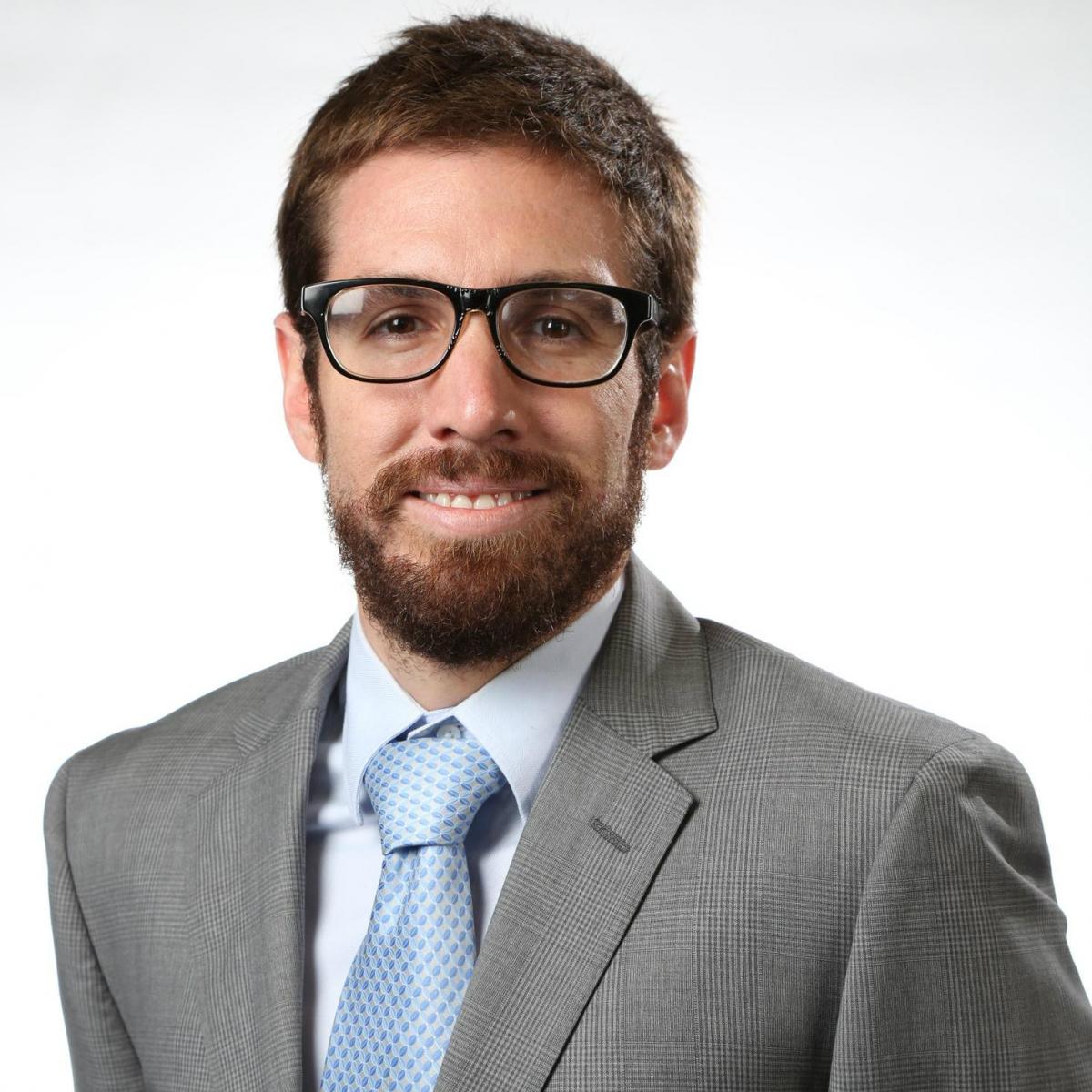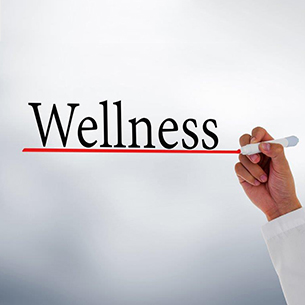 By Enrique Soto Pérez de Celis, MD, MSc
By Enrique Soto Pérez de Celis, MD, MSc
Instituto Nacional de Ciencias Médicas y Nutrición Salvador Zubirán
On Tuesday, September 19, at exactly 1:14 PM, a loud thump and a sudden fall were felt by everyone in Mexico City. What followed was a minute of shaking that felt like an eternity. As I huddled with my coworkers near the elevators on the seventh floor of our building, we all thought of the worst and hoped for the best. When the earth finally stood still, and as I climbed down the stairs, I started thinking about what might have happened to the city and to my loved ones. The news of collapsed buildings and houses started to pour in through social media, along with messages from family members and friends wanting to know if everybody was alright.
The response of the citizens of Mexico City was overwhelming. As soon as the earthquake stopped, everybody ran out of their homes and offices to help out in any way they could. Some carried debris from fallen buildings, others prepared food for those helping out in the disaster zones, many more opened their homes to those in need. My hospital was damaged and many patients had to be evacuated, but the entire staff held their ground and stood by their patients during the worst moments. Physicians rushed to shelters and fallen buildings to provide first aid and comfort both to those who were hurt or lost their loved ones in the earthquake, and to volunteers who were wounded while trying to help.
After a disaster such as the one we experienced in Mexico City, it is impossible not to feel guilty. Guilty of being unharmed, of having all of your loved ones safe, of having a roof over your head while others have lost everything. It is also very difficult to know what to do to help out, how to be useful. Should I donate money? Should I donate food, clothes, or tools? Should I go to the shelters and provide care for the wounded? There is, however, one thing that all physicians and health care workers who face a disaster can do to help: take care of our usual patients.
Earlier on September 19, at about 9 AM, I met a patient of mine (who I will call Mr. R) and his wife outside the radiation oncology department. He had just received his third dose of chemotherapy for prostate cancer and was going for a consultation with radiation oncology to see if he needed radiotherapy for a bony metastasis. He told me he was feeling abdominal pain and that he might have had fever on the previous evening. I suggested he should go to the emergency department after his appointment and I told him I would go check up on him as soon as I could. After the earthquake hit, I went to see if he was still there, and found him outside the ER. Although the surgeons had examined him and considered that he did not have an acute abdomen, his lab results never came back and the CT scan he was supposed to get was never done. In order to make room for potential victims of the earthquake, all patients without an emergency were discharged, including Mr. R.
Both Mr. R and his wife understood the situation, they knew that it was impossible for them to stay in the hospital, and their daughter was already on her way to pick them up. I prescribed pain medication, reminded them of warning signs that should prompt his return to the hospital and told them to call me on my cellphone if anything new happened. On the following days, as my colleagues and I scrambled around the city trying our best to help out, I kept in contact with Mr. R and his family through messages and calls. I felt worried, but I knew that it was impossible for him to go to a hospital, since all the existing resources were focused on the earthquake. Then, on Saturday morning, I received a photo on my cellphone. It was Mr. R, dressed in a spotlessly clean white shirt, with a big smile on his face. “Good morning, Dad is feeling much better; he had a big breakfast and wanted me to send you this photograph. Thank you so much, we hope you are alright,” his daughter wrote in a message.
When I saw the photo I felt an incredible sense of peace. I had not done nearly as much as thousands of other Mexicans who spent the days and nights after the earthquake helping out at collapsed buildings and shelters, but I felt like I had done my part. As doctors, we sometimes underestimate the effect we can have on patients and their families by just being there, by being available, by caring. Even in the most desperate times, when we might feel useless, the smallest thing can mean a lot to somebody else. Mr. R and his family will be fine, Mexico City will rise again, and I will never forget the lesson this taught me: every little thing we do matters.
Dr. Soto is an attending physician in the Department of Geriatrics and co-director of the Cancer Care in the Elderly Clinic at Instituto Nacional de Ciencias Médicas y Nutrición Salvador Zubirán in Mexico City. An ASCO member since 2014, he serves on the Professional Development Committee and Health Disparities Committee, and is a past recipient of the Conquer Cancer Foundation of ASCO Young Investigator Award in memory of John R. Durant, MD, International Development and Education Award, and Long-term International Fellowship.


Recent posts